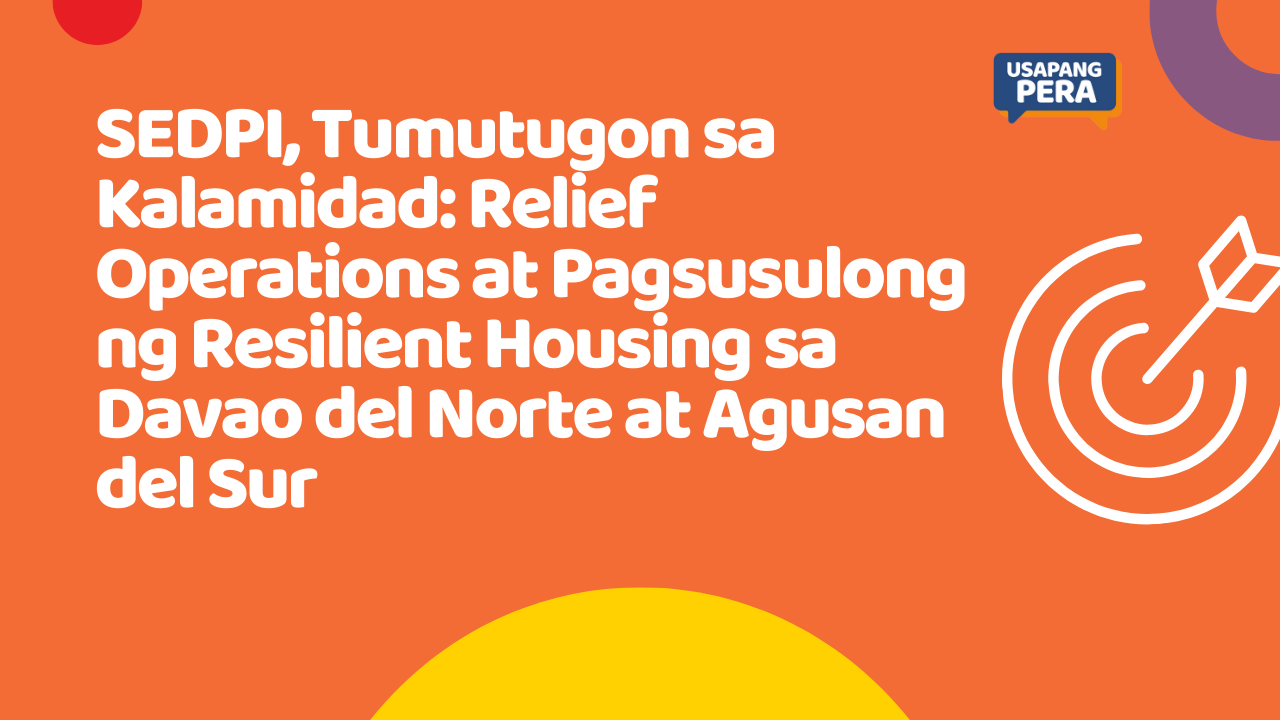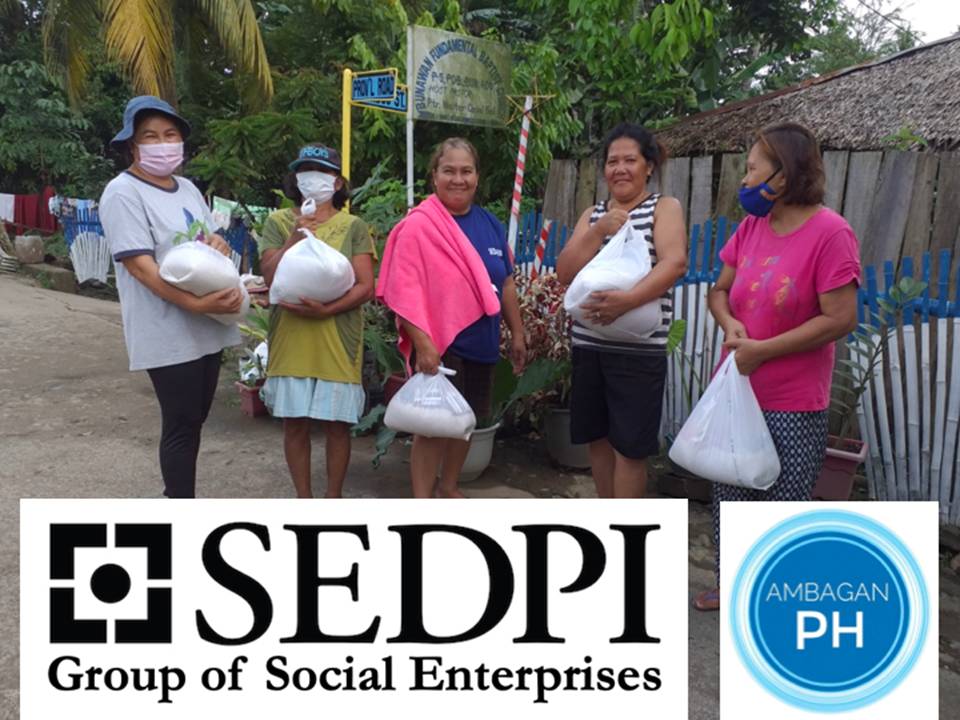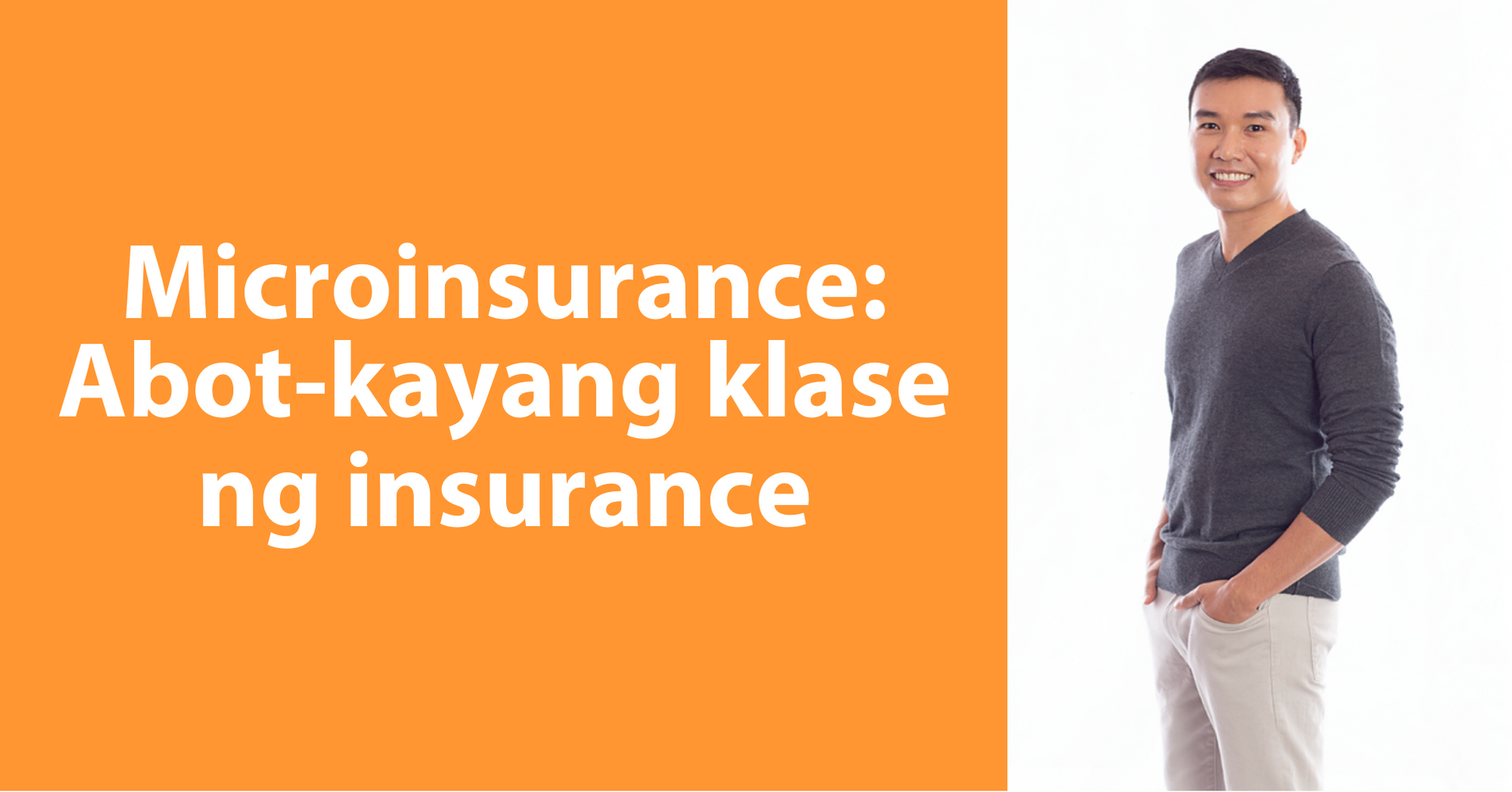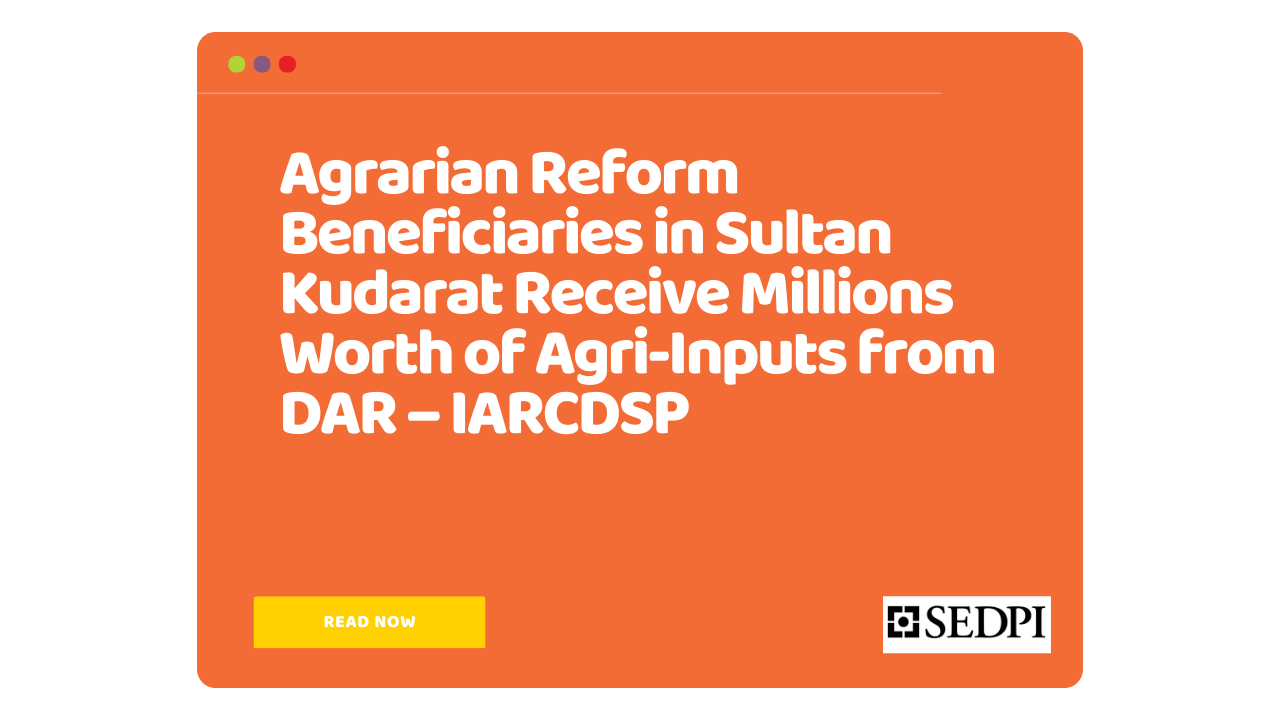Tag: SEDPI
-
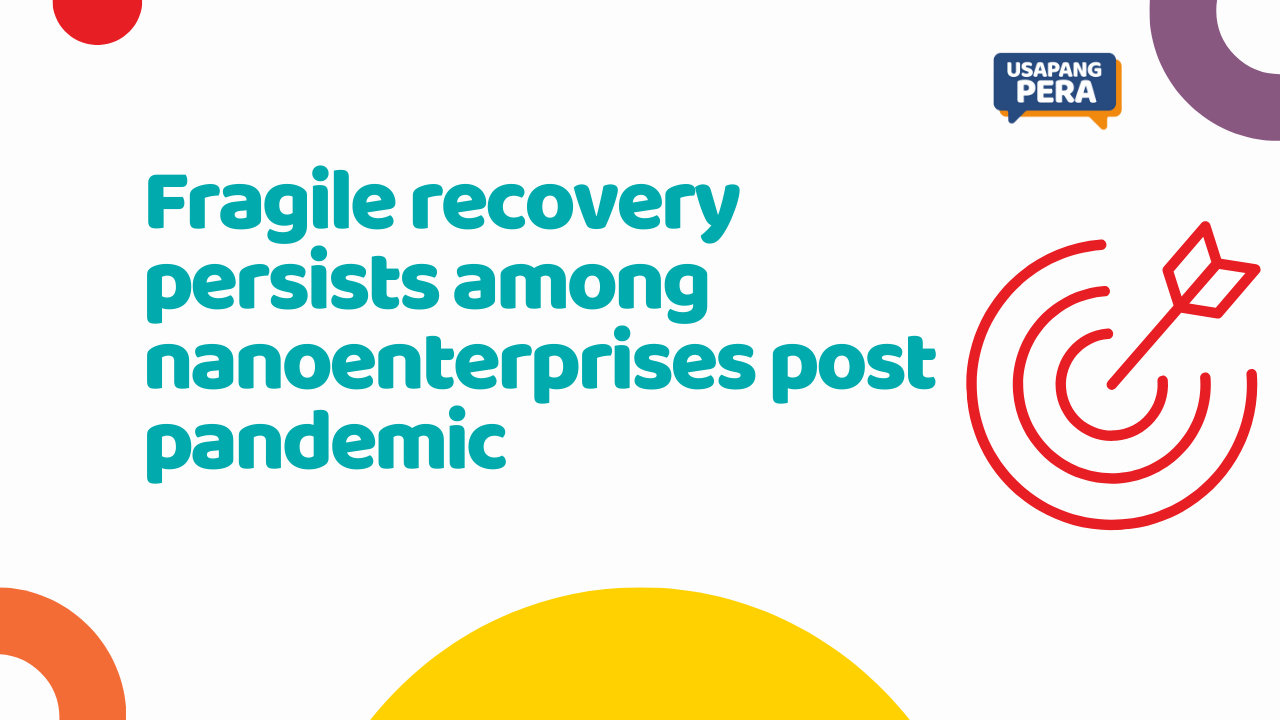
Fragile recovery persists among nanoenterprises post pandemic
Update 18 of SEDPI’s Rapid Community Assessment (RCA)October – December 2022 As the world slowly recovers from the pandemic, the economic landscape remains uncertain, especially for nanoenterprises. A recent survey conducted by our organization, Social Enterprise Development Partnerships, Inc. (SEDPI), reveals that 99% of nanoenterprises have resumed operations as of December 2022, indicating a promising…
-
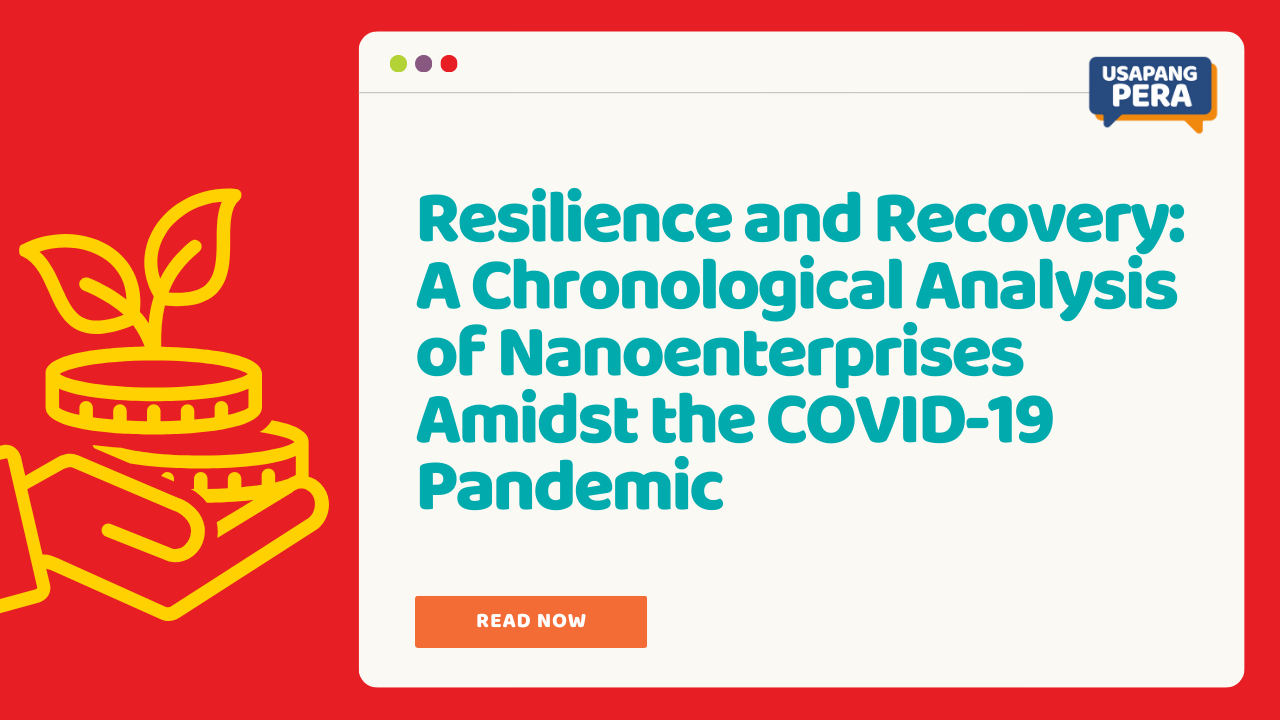
Resilience and Recovery: A Chronological Analysis of Nanoenterprises Amidst the COVID-19 Pandemic
The COVID-19 pandemic has had a profound impact on nanoenterprises (NEs) worldwide, with various stages of recovery, demand trends, and access to supplies experienced throughout the course of the pandemic. This article examines the chronological analysis of NEs’ recovery, demand trends, and access to supplies from March 2020 to December 2022, based on the Rapid…
-
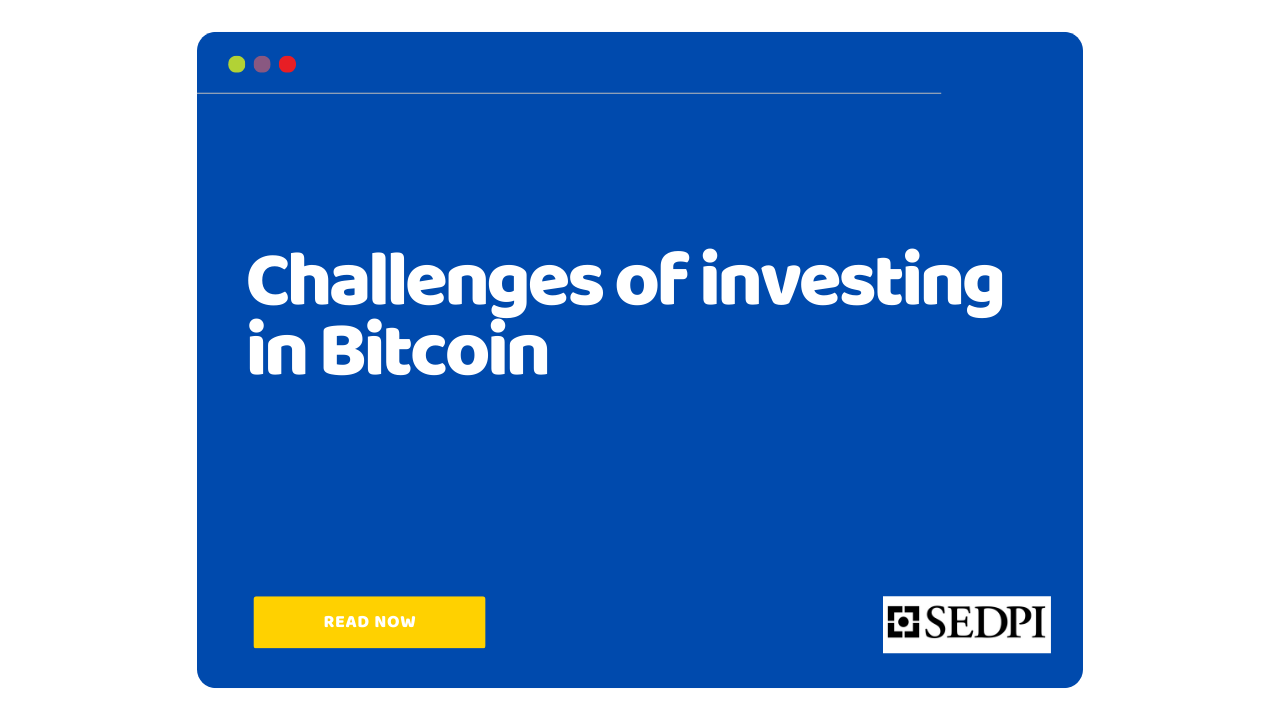
Challenges of investing in Bitcoin
Bitcoin is a digital currency that uses blockchain technology. It is located in a computer network, meaning it is only accessible through a network such as the Internet. Bitcoin is unregulated In the event of a grievance or dispute, there is no institution to turn to as the governing body of all transactions. The lack…
